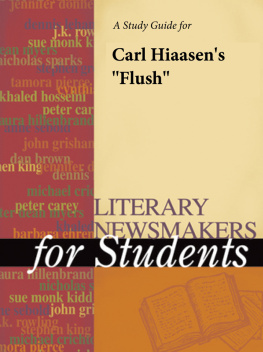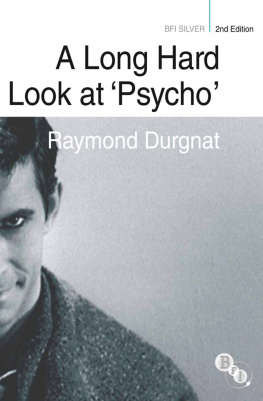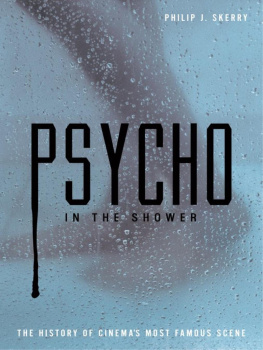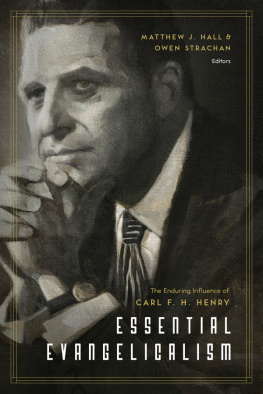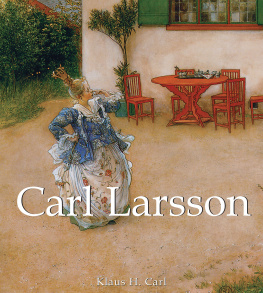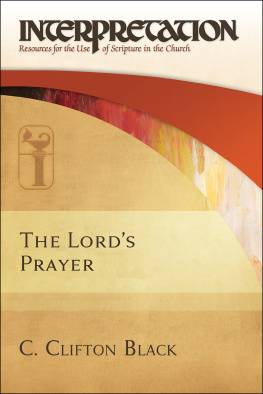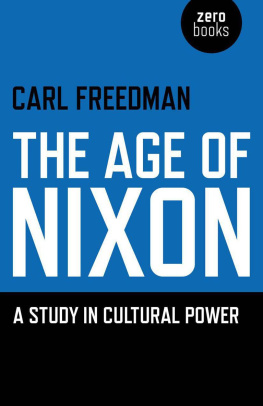THE INTERNATIONAL
PSYCHO-ANALYTICAL
LIBRARY
EDITED BY ERNEST JONES
No. 3
THE INTERNATIONAL PSYCHO-ANALYTICAL LIBRARY
No. 3
PSYCHO-ANALYTIC STUDY
OF THE FAMILY
BY
J. C. FLGEL B. A.
Senior Lecturer in the Department of Philosophy and Psychology, University College, London.
Sometime John Locke Scholar in Mental Philosophy in the University of Oxford.
Honorary Secretary of the International Psycho-Analytical Association.
THE INTERNATIONAL PSYCHO-ANALYTICAL PRESS
LONDON VIENNA NEW YORK
1921
COPYRIGHT 1921
PRINTED BY
THE SOCIETY FOR GRAPHIC INDUSTRY
VIENNA III
I refer to those appetites which bestir themselves in sleep; when, during the slumbers of that other part of the soul, which is rational and tamed and master of the former, the wild animal part, sated with meat and drink, becomes rampant, and pushing sleep away, endeavours to set out after the gratification of its own proper character. You know that in such moments there is nothing that it dares not do, released and delivered as it is from any sense of shame and reflection. It does not shrink from attempting in fancy unholy intercourse with a mother, or with any man or deity or animal whatever; and it does not hesitate to commit the foulest murder, or to indulge itself in the most defiling meats. In one word, there is no limit either to its folly or its audacity.
PLATO, "Republic," Book IX.
Man, forsooth, prides himself on his consciousness! We boast that we differ from the winds and waves and falling stones and plants, which grow they know not why, and from the wandering creatures which go up and down after their prey, as we are pleased to say without the help of reason. We know so well what we are doing ourselves and why we do it, do we not? I fancy that there is some truth in the view which is being put forward nowadays, that it is our less conscious thoughts and our less conscious actions, which mainly mould our lives and the lives of those who spring from us.
SAMUEL BUTLER, "The Way of All Flesh,"
Chapter III.
PREFACE
The circumstances that have led to the production of this little book are, I think, sufficiently explained in the introductory chapter; there is, therefore, no need to dwell upon them here. It is only necessary perhaps to warn the reader that he will find in what follows but little that is original. With the exception of small contributions and suggestions upon special points, in the last few chapters alone does there exist anything that has not already found a place in the literature dealing with the subject; and probably it will be the earlier rather than the later portions of the book that will most often be consulted. Nevertheless, a work of compilation, such as the present for the most part aims at being, may have its justification and a certain sphere of usefulness; especially so perhaps in the present case, since a certain proportion of the original papers to which reference is here made is contained in books and periodicals that have at no time been readily accessible to the English-speaking public and were for some years practically unobtainable.
The reader may possibly experience some surprise and disappointment at finding that, while the relations between parents and children and between brothers and sisters come in for much attention, those between husband and wife (which will probably be regarded as equally fundamental to any consideration of the psychology of the family) are but lightly touched upon. That this is the case is merely a consequence of the lines along which psycho-analytic knowledge has for the most part advanced. It is perhaps less to be regretted than would at first appear: for in the first place, the amount of consideration given to the marriage relationship has been fairly generous during recent years, while the relations between parents and children and among the junior members of the same family, have been relatively neglected: in the second place, the study of the two last named, chronologically earlier, relationships (and especially the filio-parental one) isas will be seencapable of throwing considerable light upon the subsequent marital relationship; it would seem probable indeed that a thorough understanding of the problems of love, sex, and marriage cannot be attained without a preliminary knowledge of the nature of the psychic bonds that unite parent and childa knowledge that psychology is only now beginning to afford.
On the other hand, I feel a very genuine regret that I have been unable to include some discussion of the problems connected with the size of families. These problems are, I am convinced, of the greatest importance. At a moment like the present when large portions of the human race are suffering from a shortage of the very necessities of existence the question of family limitation, in particular, becomes one that is of enormous, one might almost say of paramount, urgency. Nevertheless, the treatment of this question from the psychological, as distinct from the ethical, sociological or economic standpoint, has as yet been so slight and fragmentary, as to make a full consideration of the question scarcely suitable to a volume of expository character; and I have thought it better to omit the subject almost altogether than to deal with it in a manner that would be either inadequate and superficial or else manifestly inappropriate.
I am of course aware that much with which we have here to deal makes far from pleasant reading. The unpleasantness arises mainly from the fact that, in the pursuit of our present purpose, we are chiefly brought into contact with the unconscious and more primitive aspects of the mind rather than with the more recently acquired and more morally edifying aspects. But those who realise the importance, for human welfare and progress, of a true understanding of our mental nature, should no more be deterred from the consideration of unpleasant aspects of the mind, than should the student of economics neglect to take account of poverty or the student of hygiene turn away from the contemplation of disease. From personal observation and experience, as well as from more theoretical considerations, I have acquired a deep conviction of the significance of those aspects of the human mind with which we are here concerned. It is principally because I am assured that a wider realisation and a deeper study of these aspectsboth by the student of the mind and by the ordinary reading publicwill contribute in very considerable measure to the solution of many of the most important moral and social problems with which humanity is faced, that I have ventured to embark upon the following, I fear very inadequate, presentation of our knowledge on the subject.
It only remains for me to express my sincere thanks to those who have assisted me in one way or another; particularly to Dr. Ernest Jones who was the first to interest me in the work of Freud and his followers, and without whose personal help in more than one direction, the present pages could not have been written. I am also deeply indebted to Mr. Cyril Burt for many valuable criticisms and suggestions, to Mr. Edward de Maries for several interesting comments on the subject matter of the last few chapters, to Mr. Eric Hiller for assistance in seeing the work through the press, and to my wife for help in a variety of ways throughout the work.
J. C. F.
Wood End Lodge,
Raydale, Yorks.
August 1, 1921.



